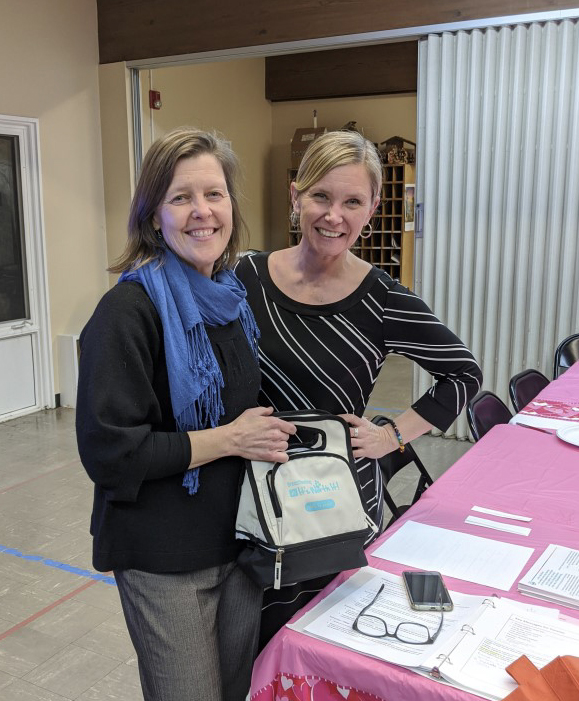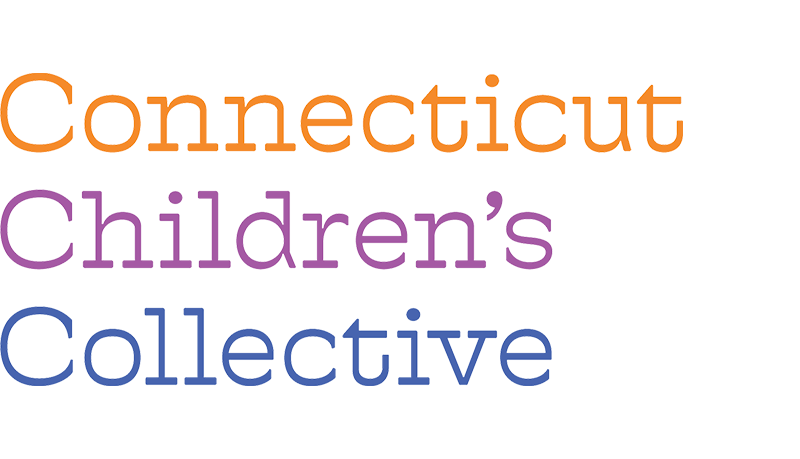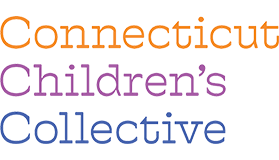Secrets of Baby Behavior
On January 15, 2020 a group of parents, parent educators, early childhood teachers, and home daycare providers gathered together to learn about baby behavior and breastfeeding. The workshop was sponsored by Middletown’s School Readiness Council, led by Dawn Dubay, and taught by Monica Belyea, Program Planner at Opportunity Knocks for Middletown’s Young Children. It was a very fun and lively class. Clearly with so many stressors in family life having a newborn baby can often tip the scale for a family. The more knowledgeable parents and caregivers are of baby behavior the better off everyone will be.

Pictured (L to R): Monica Belyea, Program Planner, Opportunity knocks Middlesex Hospital; Dawn Dubay, Director, Middletown School Readiness Council.
The main thrust of the evening was focused on breastfeeding. It was discovered during a study by the UC Davis Human Lactation Center back in 2011 that 85% of breastfeeding mothers stopped after just two weeks. They wanted to know why this was. They also were discovering that there seemed to be a correlation between childhood obesity rates and challenging early childhood behaviors, and bottle feeding. UC Davis wanted to learn how these two factors were related, and enlisted the help of families enrolled in the California Women, Infant, and Children (WIC) Program to find out. They discovered that it wasn’t that formula was inferior to breast milk, it was that mothers misread baby cues—every time their baby cried, they assumed she was hungry, so mom would feed her. Caregivers were over feeding baby because baby would stop crying when being fed. When a baby breast feeds, she latches onto the breast, when she is full, she is able to stop feeding, she has the ability to stop the flow of milk. When a baby is bottle fed, whether it is breast milk or formula, baby has no choice but to swallow, even if she isn’t hungry. Bottles are designed to have liquid come out even if baby isn’t sucking. And so, over-tired, worried caregivers often times make the good-intentioned, but incorrect assumption that baby is hungry, when she might have another urge that needs to be met.
By understanding why a baby is crying, being able to understand his body language, caregivers can begin to address the true needs of the baby, even predicting baby’s need and satisfying it before crying begins. When baby is in control of when and how much he eats, and his caregiver is able to understand what baby is communicating, the beginnings of healthy self-regulation begin, a life-long skill that strengthen as baby continues to grow and develop. This was only one topic that was skillfully taught and discussed during this incredibly informative and important workshop. It is another example of the great work that our local partners around the state are doing to improve the lives of children and families in their communities. For information on the Secrets of Baby Behavior training, please visit ctbabybehaviortraining.weebly.com.




